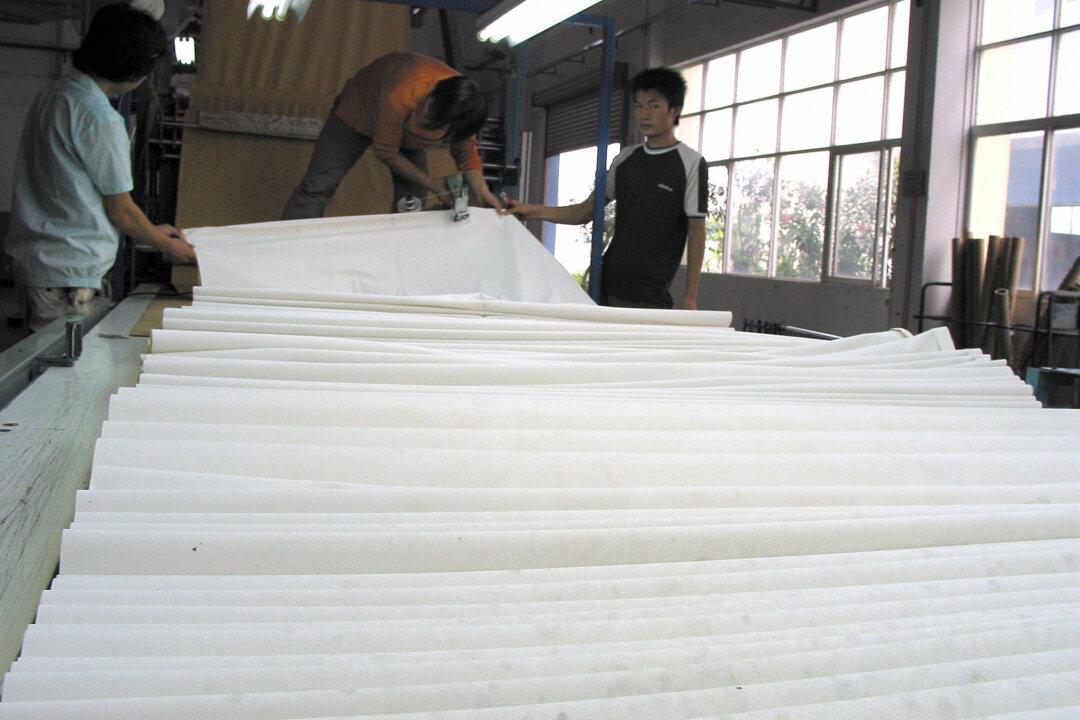Australia’s manufacturing union is calling on the government to examine the amount of white paper available in the country after timber shortages put a halt to production at Australia’s last white paper mill in Victoria.
The Construction, Forestry, Maritime, Mining and Energy Union (CFMEU) on Thursday called for an audit, raising concerns about a drop in the number of paper products, including doctor scripts, exercise books and government services documentation.




